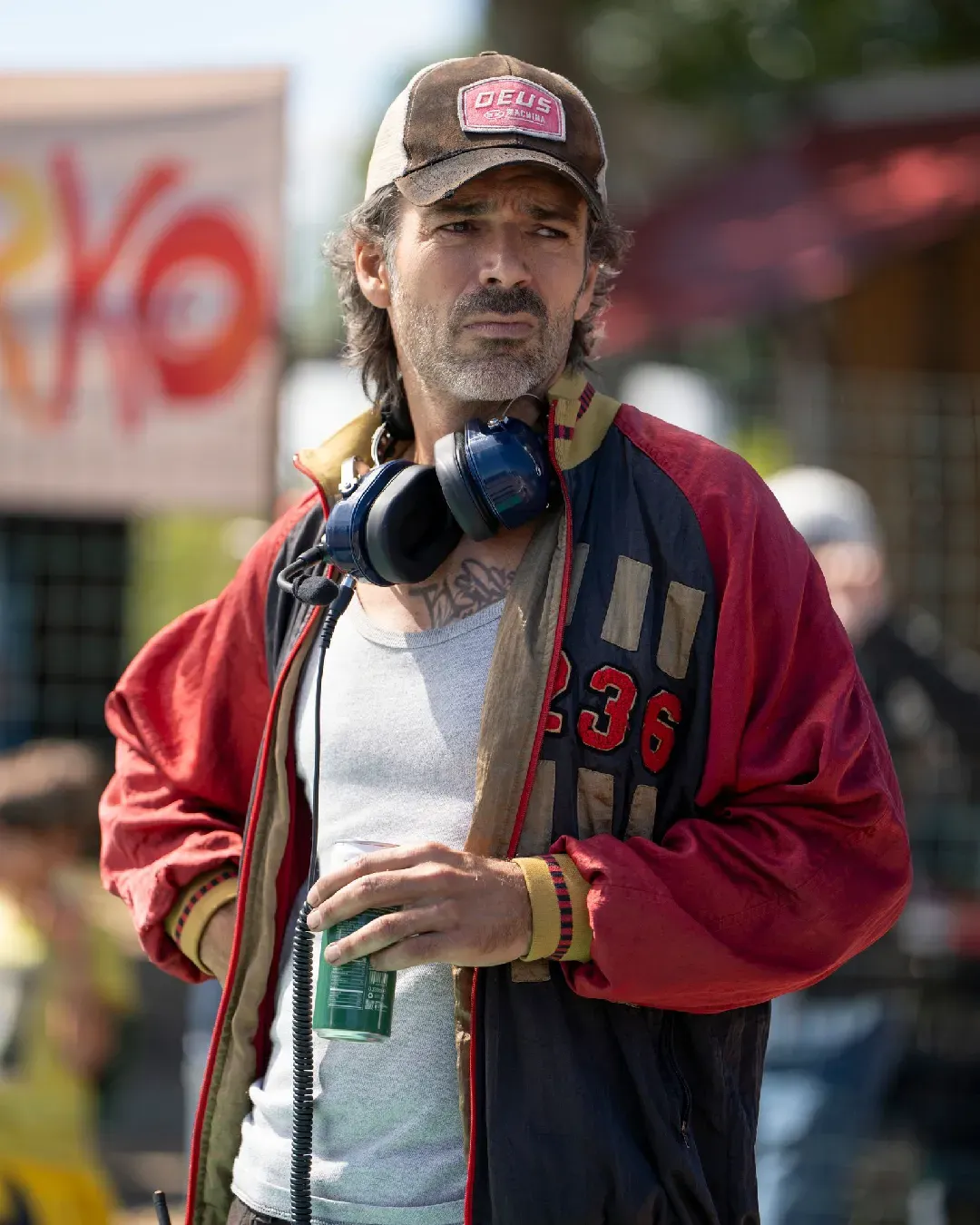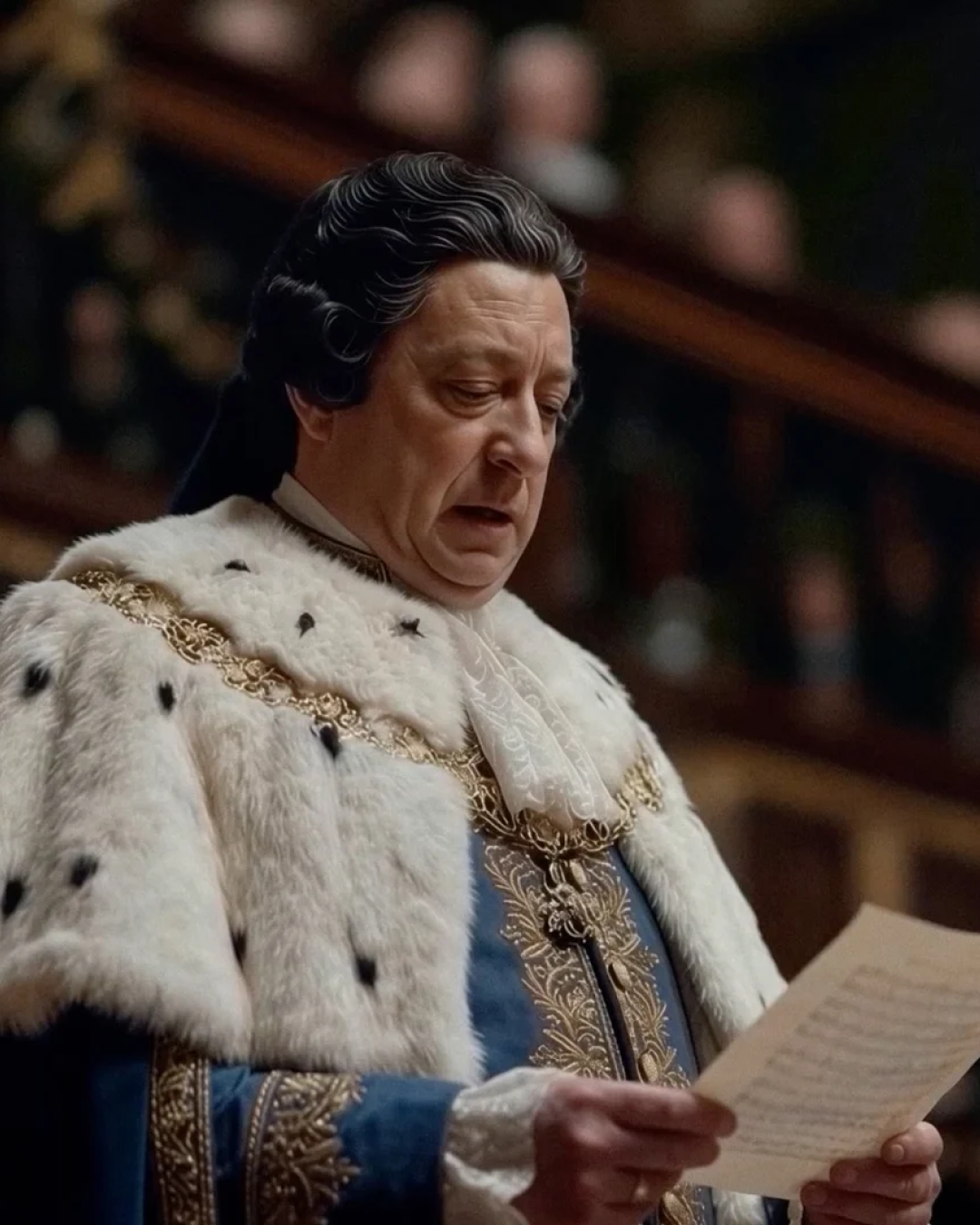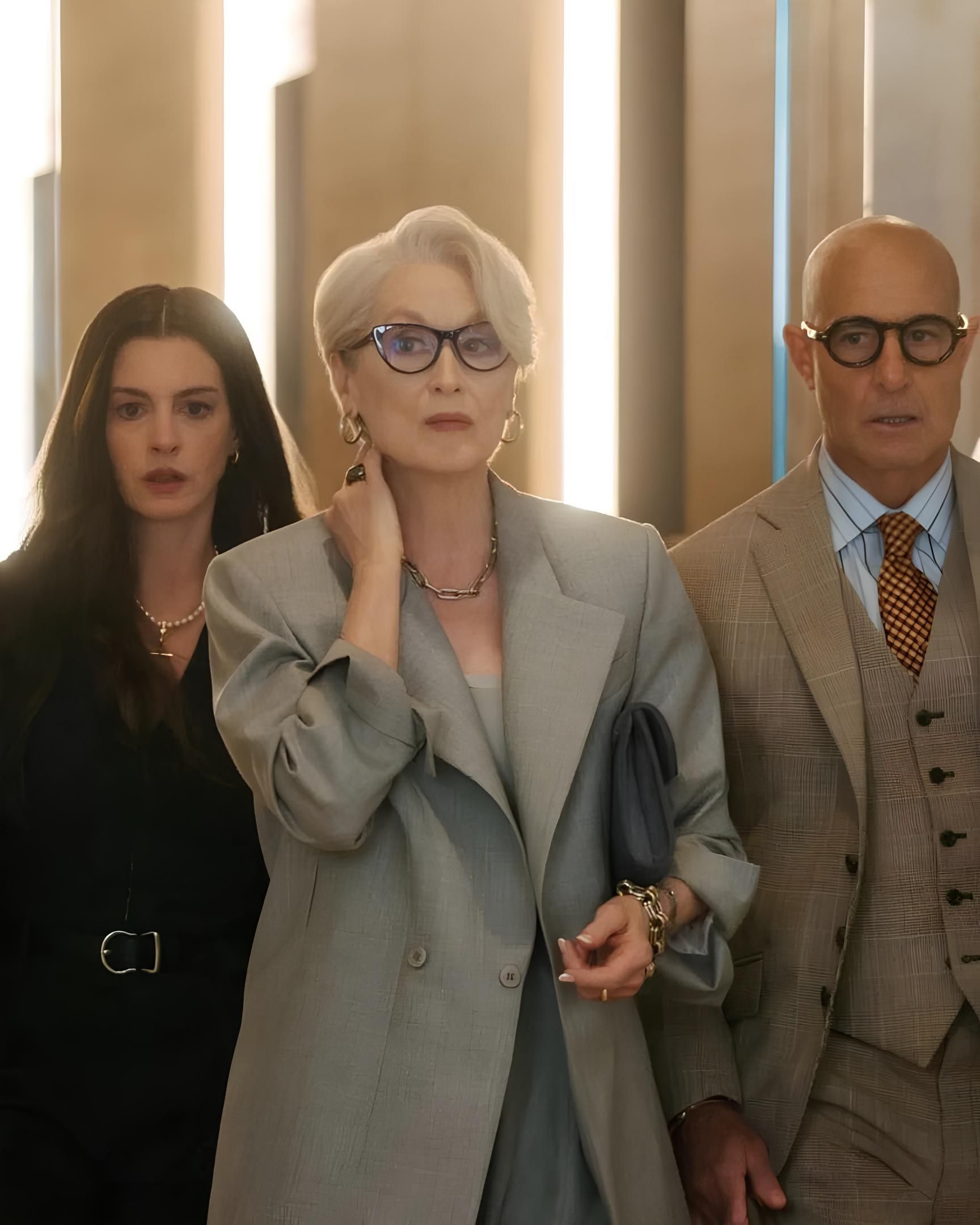
'Mission: Impossible - The Final Reckoning' is Tom Cruise's testament to his fans As well as being an explosive and highly topical blockbuster
Blockbusters have always been ahead of their time. Although a segment of hardcore cinephiles may not want to admit it, the most chaotic and adventurous genre in the entire world of cinema has had the ability to capture reality even before it happened. One of its protagonists, at a time far from suspicious, was Tom Cruise, who returns to conclude his thirty-year saga of Mission: Impossible, once again giving viewers the chance to enjoy the spectacle while reflecting on the consequences that modernity and, in particular, technology have put before us. It was way back in 2002 when Steven Spielberg's Minority Report featured the star as John Anderton, the protagonist of a futuristic, flawless system where free will was jeopardized through a defense system that condemned people before the crime was committed, aiming to build a safer community, yet devoid of human opportunity to redeem, change, or simply think. A control society, post 9/11, that set a precedent and showcased the increasingly invasive surveillance and transmission systems we are now surrounded by, which, while not yet bringing us before a judge for merely conceiving the idea of committing a crime, certainly keep us under constant surveillance, twenty-four hours a day. With Mission: Impossible - The Final Reckoning, the film that concludes the series and closely follows the previous Dead Reckoning of 2023, Ethan Hunt’s character must stop an artificial intelligence so powerful that it has imposed its own reality on the rest of the world.
In this case as well, The Entity bases its plan on a precise and infallible calculation of probabilities, similar to the system in Minority Report; what might happen to the world and who might be the ideal pawns to accomplish the objective, which ultimately aims to destroy the entire population and subdue the remaining ones under its dominance. Nothing new if one thinks of Skynet, but the timing with which Mission: Impossible concludes its journey once again makes cinema one of the most intuitive and effective means to reflect the doubts and torments we breathe around us. Cinema must think in perspective and, in perspective, find solutions. Often, for the seventh art, especially when linked to such illustrious figures from its Olympus, the secret weapon against digital is always analog - it’s no coincidence that, during the meeting for the British Film Institute Fellowship, Tom Cruise criticized acting schools that don’t teach the manual work of the set to their students.
@cenemik Tom Cruise is him. Credit to @Paramount Pictures #missionimpossible #missionimpossibledeadreckoning #tomcruise #behindthescenes original sound -
Thus, Mission: Impossible - The Final Reckoning, while paying homage to the entire universe of Cruise's spy character and being a contemporary object to bring to the cinema today, adopts a vintage packaging while exposing the dangers of the most futuristic enemy of our present. The AI is a co-protagonist within a frame that contains the origins of the Mission: Impossible saga, born from the eponymous series from 1966, and not only must it be defeated, but director Christopher McQuarrie emphasizes a return to a cinema of almost primordial nature where breathtaking actions, a ubiquitous soundtrack, and passionate performances make everything even more emphatic. In The Final Reckoning, dialogue is minimal, and when it does occur, it serves to thoroughly explain what the characters are doing, what they will do, what they might do, and how things will or could turn out. Everything needs to be as clear as possible to enjoy the only thing that matters: the story of the hero Ethan Hunt, «the best man in the worst moments», who once again has to prove his abilities and his good heart, as well as save the world.
Mission Impossible: Final Reckoning is a high octane global farewell to the importance of friendship that is everything that makes you fall in love with movies through Tom Cruise breaking stunt boundaries by plane, sea, and roads leaving no terrain unturned in chilling set pieces pic.twitter.com/9K1Ko9XiSS
— Jillian (@JillianChili) May 13, 2025
Cruise/Hunt dives into the depths of the sea, jumps from one airplane to another, and runs - oh, how he runs! He is the superman, the role the actor has assigned to himself over the past decades and that he will once again complete with his impossible mission. Perhaps we will see him part ways with this role in the next project, where he has been chosen by Alejandro González Iñárritu as the protagonist, thus compelled to end Ethan Hunt's career with the most explosive and grand finale. And to achieve this, he must follow only one rule: make the audience happy, the fans. So yes, reflections on the recklessness of world nations at the dawn of a possible nuclear war (with a moderate Angela Bassett as the President of the United States, the antithesis of the current Trump) are acceptable, as are interpretations of the advent of AI as the real threat of our century and the way to overcome it, namely by acting with the unpredictability and trust that only humans can feel. But there is only one imperative duty that Hunt - and Tom Cruise - have always obeyed, and which is reiterated in Mission: Impossible - The Final Reckoning emphatically: «We live and die in the shadows, for those close to us and for those we never meet.» And who are these people if not the cinema audience?













































